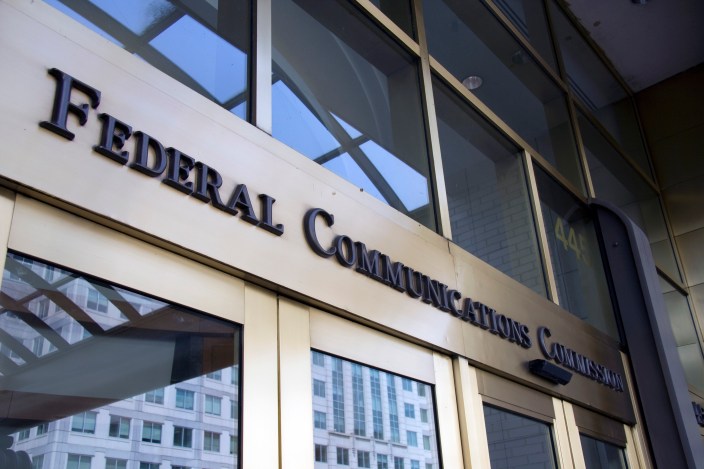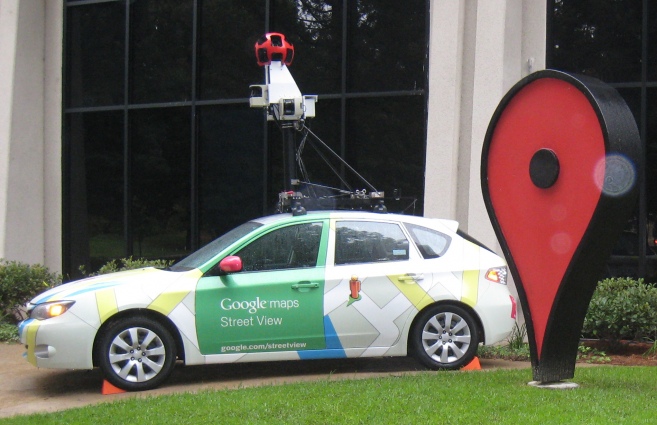
Cable companies say we’ve got it wrong on net neutrality: Google could be the real villain

We thought we understood the net neutrality argument: the need to ensure that ISPs like the big cable companies don’t extort cash from services like Netflix to provide them with greater bandwidth than companies who don’t pay the toll.
But no, according to Time Warner, we’ve got this backward: it’s popular websites like Google who could do the extorting, reports National Journal.
In a filing to the FCC, Time Warner Cable claimed that the controversy over Internet providers potentially charging websites for access to special “fast lanes” is a “red herring.” The real danger, the cable company claimed, is that Google or Netflix could demand payments from Internet providers. Customers expect access to the most popular websites, and an Internet provider may have little choice but to pay up.
The National Cable and Telecommunications Association, a trade association representing all the major cable companies, backed this view, saying that it’s companies like “Google, Netflix, Microsoft, Apple, Amazon, and Facebook” that we should be concerned about. It is, of course, merely coincidence that these are the mostly the same companies who wrote a joint letter to the FCC in support of net neutrality.
Google is on record as saying that there is no conflict between co-location – which enables faster delivery of content to consumers – and net neutrality.
We give companies like Netflix and Akamai free access to space and power in our facilities and they provide their own content servers. We don’t make money from peering or colocation; since people usually only stream one video at a time, video traffic doesn’t bog down or change the way we manage our network in any meaningful way — so why not help enable it?
The FCC has, understandably, rejected Time Warner’s claim, stating that “such conduct is beyond the scope of this proceeding.”

